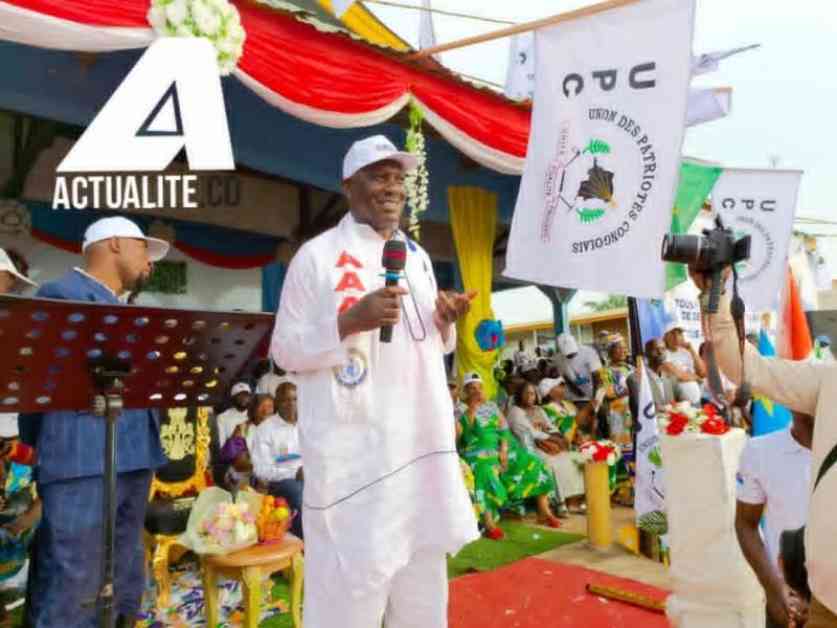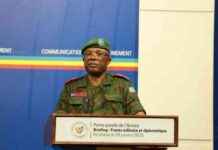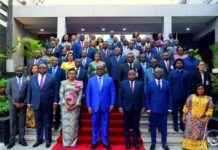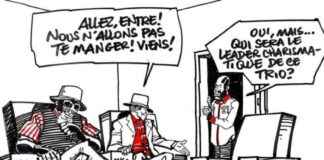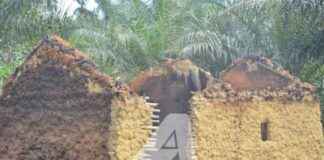Thomas Lubanga’s Alleged Involvement with Armed Groups in Ituri and M23 – A Threat to Kinshasa
In a recent report released by the United Nations, shocking revelations have come to light regarding Thomas Lubanga Dyilo, a former militia leader in Ituri and the first person convicted by the International Criminal Court (ICC). Lubanga, who was released in 2020 after serving a 14-year sentence for war crimes, is now allegedly involved in supporting and structuring armed groups in the eastern Democratic Republic of the Congo (DRC). This development poses a significant threat to the region, particularly to Kinshasa.
The Rise of Thomas Lubanga
Following his release, Lubanga is said to have joined the Zaïre/ADCVI group and played a pivotal role in mobilizing, recruiting, and training thousands of fighters in Ituri, alongside Yves Khawa Panga Mandro, who is also under international sanctions. Acting as the “moral authority” of the Zaïre/ADCVI group, Lubanga reportedly facilitated arms transfers, conducted training in camps in Tchanzu (North Kivu) and Uganda, and redeployed fighters for offensives against the Congolese Armed Forces (FARDC).
Meeting with Key Figures
The report reveals that Lubanga relocated to Kampala, Uganda, in July 2024, where he met with Corneille Nangaa, the leader of the AFC-M23 coalition, and other officials. Yves Khawa’s farm in Hoima district, near Lake Albert, was identified as a transit point for fighters and weapons, with military training conducted by Ugandan and Rwandan instructors and logistical movements organized across Lake Albert.
Unsettling Regional Dynamics
Lubanga’s emissaries were dispatched to reconcile various armed factions in Ituri, including the MAPI group and Zaïre/ADCVI. While MAPI chose to maintain its independence, it agreed to collaborate with the AFC-M23 coalition. This alignment structured a joint offensive strategy against the FARDC and coordinated activities in Djugu, Mahagi, and Aru territories.
The United Nations warns that this mobilization, fueled by regular meetings in Uganda and logistical support from regional networks, poses a significant threat to the stability of Ituri and North Kivu. The involvement of Innocent Kaina, also known as India Queen, a prominent commander of the M23, in coordinating activities with Lubanga in Kampala further exacerbates the situation.
Challenges and Consequences
Despite the denials from the Ugandan government regarding Lubanga and Khawa’s presence and activities on their soil, evidence points to strategic meetings and arms flows through established logistical bases in the region. This new alliance, orchestrated by key figures from Ituri’s conflicts, intensifies tensions in eastern DRC, jeopardizing stabilization efforts in a region already ravaged by decades of violence.
This unsettling development underscores the urgent need for international attention and intervention to address the growing threat posed by Lubanga and his alleged involvement with armed groups in the region.
